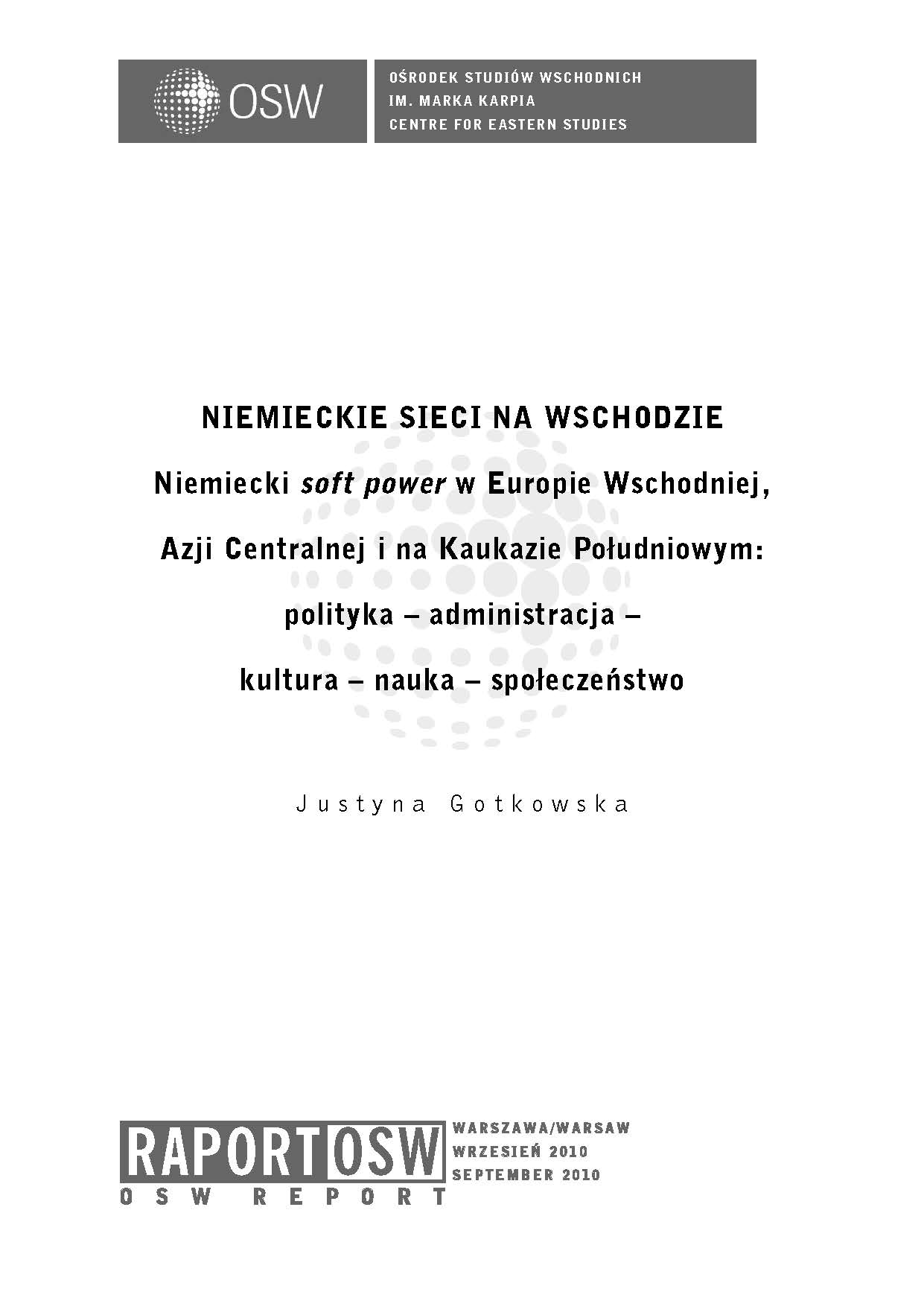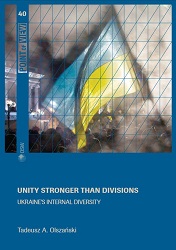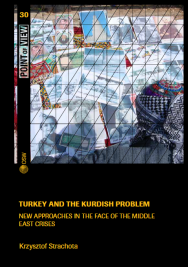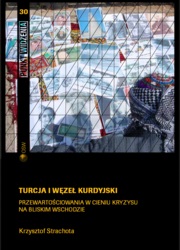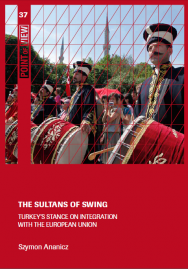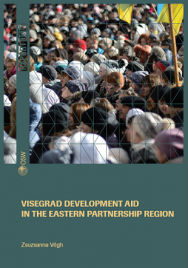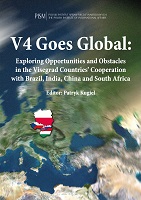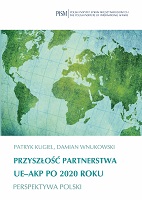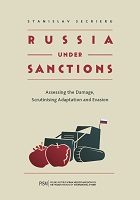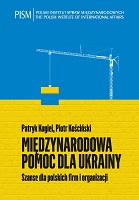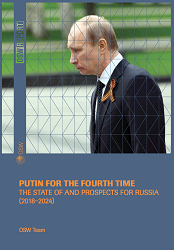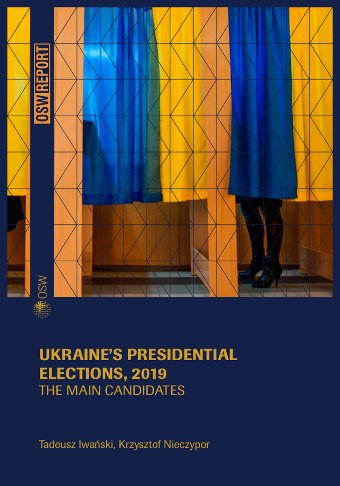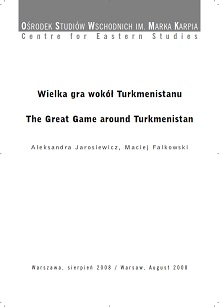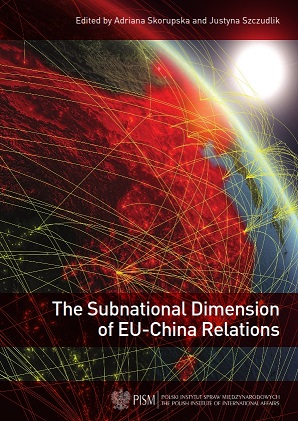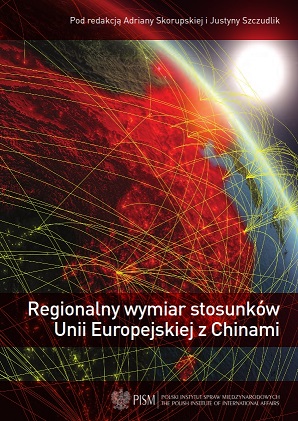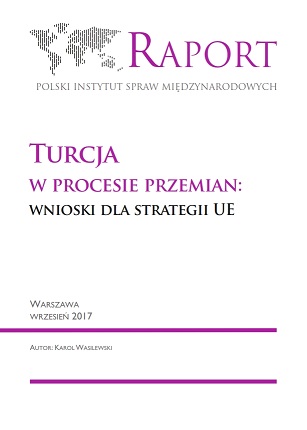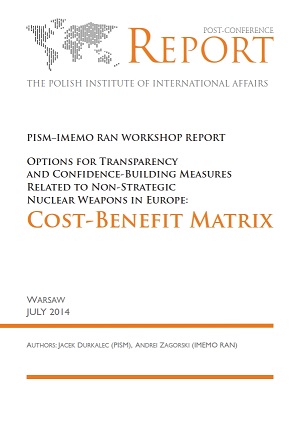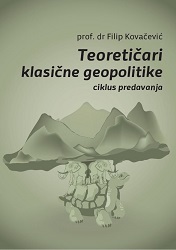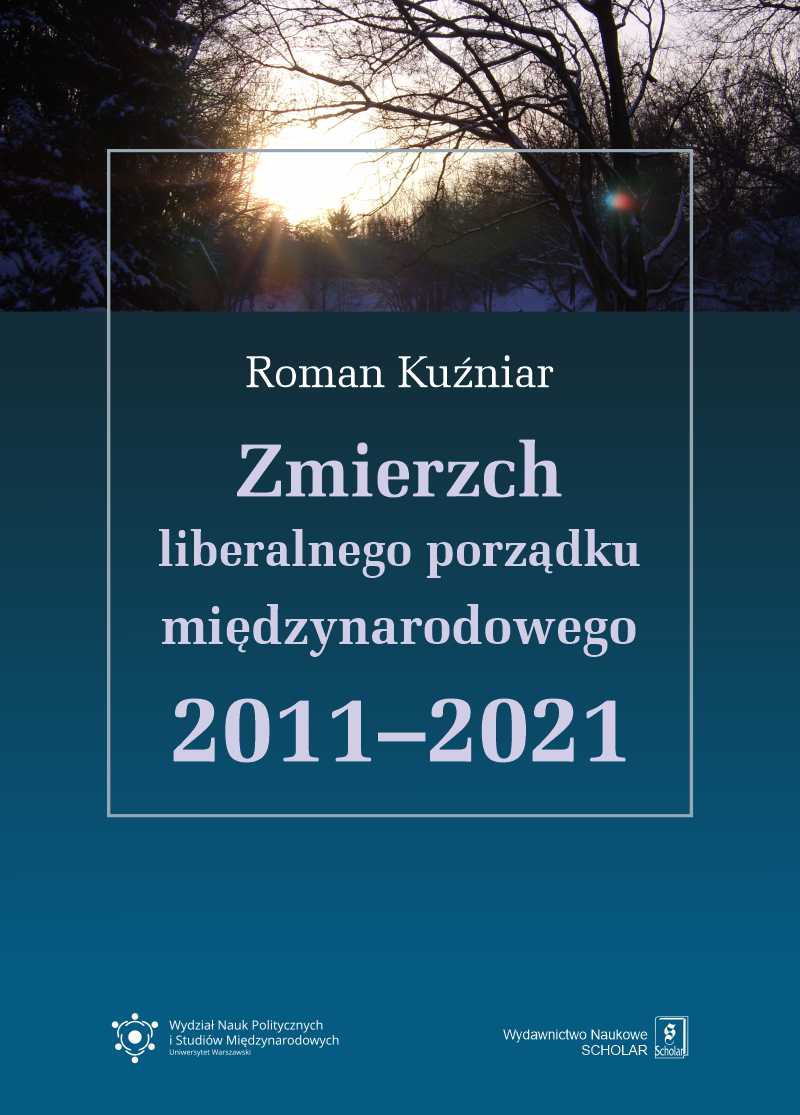Author(s): Filip Kovačević / Language(s): Montenegrine
Kraj hladnog rata označio je povratak geopolitike kao discipline. Od kada je taj povratak najavio francuski teoretičar Iv Lakost, u prvom broju geopolitičkog časopisa ,,Herodot“, u međuvremenu geopolitika je dobila na značaju. Na izvjestan način, geopolitika je ušla u modu, široko upotrebljavana u medijskom, političkom i akademskom svijetu. Iako se radi o klasičnoj disciplini duže istorijske tradicije, geopolitika je imala i svoj sumrak, postajući i svojevrstan tabu između kraja Drugog svjetskog rata i završetka Hladnog rata 90-ih godina prošlog vijeka. Naime, riječ geopolitika bi u navedenom periodu jako asocirala na režime totalitarnog karaktera, posebno nacizma. Jedan od najistaknutijih teoretičara geopolitike XX vijeka general Karl Haushofer, osnivač i direktor Minhenske škole i uticajnog časopisa “Zeitschrift fur Geopolitik”, smatran je za doktrinarnog inspiratora ekspanzionizma Hitlerovog Trećeg rajha. Međunarodni sistem zasnovan na dogovoru velikih sila na Jalti 1945. godine o podjeli sfera uticaja je donio hladni rat i u njemu paradoksalna ,,pravila i izvjesnosti“, uz ravnotežu snaga i straha od nuklearnog rata, kontrolisane sukobe na periferiji, propagandno takmičenje u kojem je geopolitičko promišljanje zamijenjeno oštrim ideološkim generalizacijama Istok - Zapad, komunizam - kapitalizam, sloboda - totalitarizam, zlo - dobro.
More...
